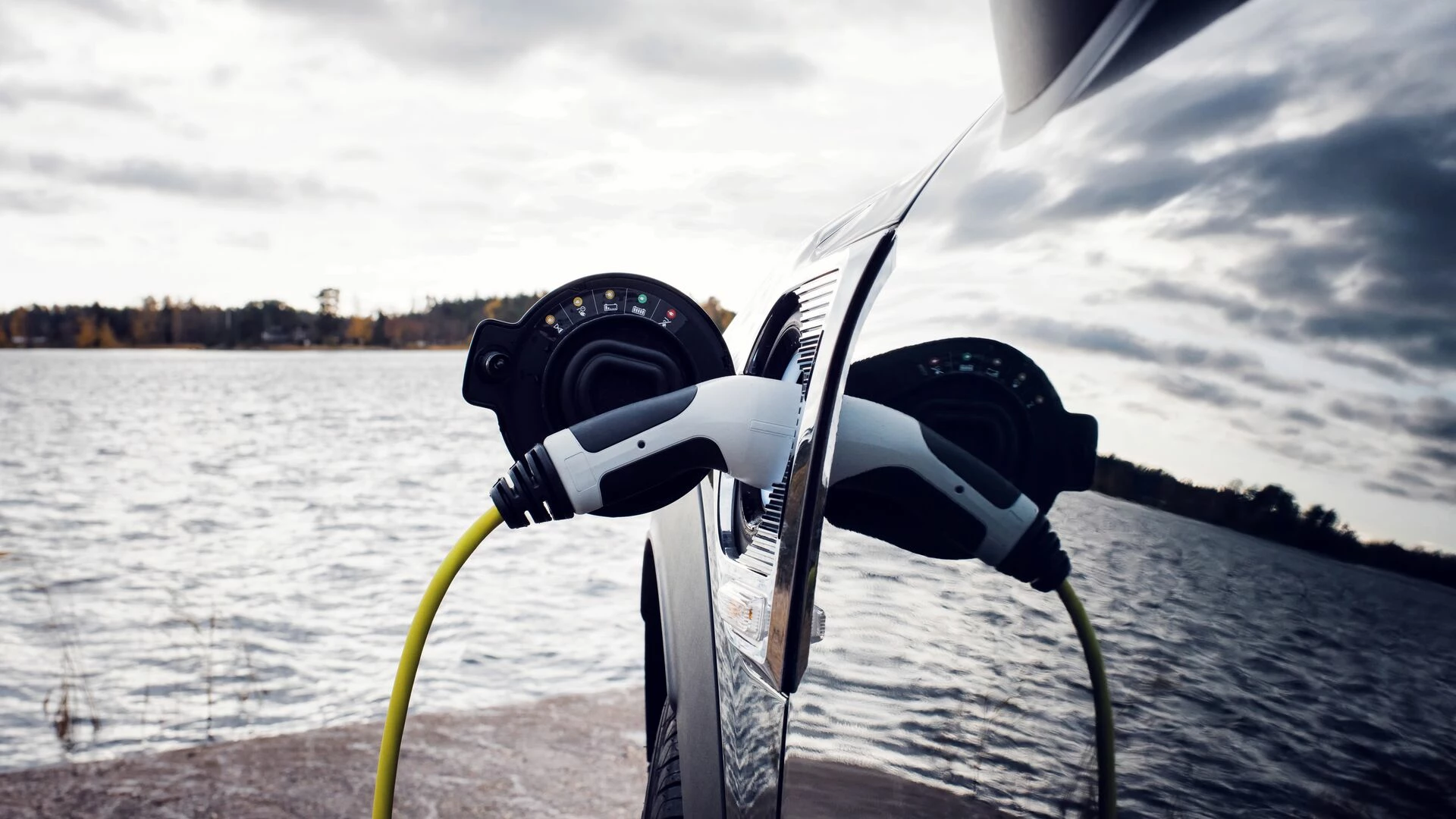Volvo Cars aims to be the industry’s fastest transformer to electric propulsion. CFO Björn Annwall (BA) talks to Nordea’s Johan Trocmé (JT) about how this was a natural choice for a niche premium player with a brand and values focused on safety and sustainability. The transformation is changing the nature of the company’s investments and requires partnerships with technology players as intelligence will shift from components and subsystems to become more centralised in the electric vehicles. In addition, the company targets zero emissions by 2040.
JT: Your ambition of selling 50% electric cars by 2025 and 100% by 2030 arguably makes Volvo Cars a pioneer in the car industry. What made you decide to pursue this strategy? How does your ability to invest in this transition compare with that of other car OEMs?
BA: I think, to be fair, Tesla perhaps most deserves the label of ‘pioneer’ for electric vehicles in the car industry. But we aspire to be the fastest transformer in the industry, among incumbents who will make the transition to electric cars. There is a vast difference between starting with a clean sheet and having a legacy business in fossil-fuelled cars. We have high conviction in our ability to make this transition faster than many of our competitors. We are helped by being a relatively small player, in the premium segment, and addressing a customer category that has always considered safety and values to be very important, and which cares about the planet’s safety and sustainability. Our strategy is not dependent on the whole car industry going electric in 2025 or in 2030. We address a fairly small part of the market, but that is sufficient for us to be able to transition completely by 2030.
JT: You have also decided that all new electric Volvo models will only be sold online, which is a radical change from the traditional car distribution model based on dealerships. What is your thinking regarding your relationship with customers and how they will use cars in the future?
BA: It is a radical change, but also a change that has happened in almost all consumer goods categories. Consumers today expect to be able to make purchases online in a simple and convenient way. We need to be able to live up to these expectations in the car industry, too. Our vision is that that you should be able to buy and arrange to have your car serviced with a few clicks on your smartphone, but then get as much personal interaction with the service as you want. Some customers want a lot, and some want none at all. We should, together with our dealership partners, be able to cater for both groups. We need to adapt to what customers want, and use technology to offer them this with a smart and efficient e-commerce setup.
There are some challenges with the legacy distribution model. It is great to have 2,500 dealership entrepreneurs around the world who support us in driving our business. But each of them set their own prices for our products. Each have their own inventory management. This makes price discovery complex for customers, who have to contact several different dealers for quotes and sales negotiations. This is not what car buyers want to do in 2022. And needless to say, 2,500 different inventory management systems worldwide is not the most efficient setup. With our new approach, we are aiming for improved customer experiences, better industrial efficiency and lower costs, which should benefit both us and our customers.
We also note that more and more customers do not see a car as a capital good to be owned. They want access to a car without having it on their personal balance sheet. There has been strong interest in company cars and private leases for years, and we are now seeing more focus on subscription-based solutions, which we are also working hard to develop. Car-sharing services, such as our own ‘M’ concept, is particularly suitable for urban areas, where car ownership can be inconvenient and cars are not used daily. Historically, you have not been able to rely on these services to have cars available. And it may be so important to have access to a car even on one day or a few days per week, that you opted to own a car after all. But if car sharing works properly, for many city residents it is a better alternative to owning a car.
And then there is the aspect of autonomous driving, which will become available in the not too distant future. For us, it will be implemented gradually and in a safe manner. It will be a premium feature in your car where in certain use cases in some locations in the world, Volvo will take over responsibility for driving your car and you can lean back and enjoy the ride. But in time it will become available for bigger use cases, such as driving you between Göteborg and Stockholm while you sleep in the vehicle





